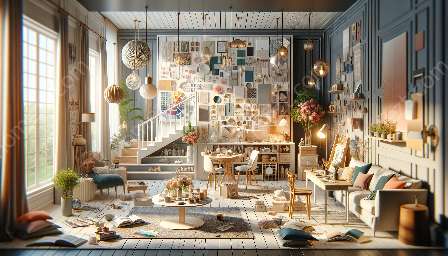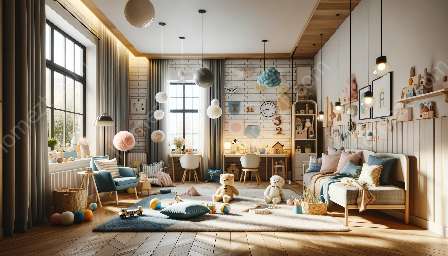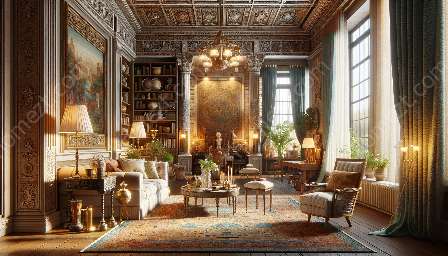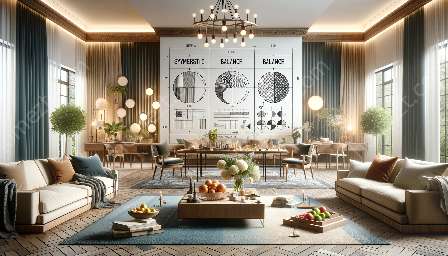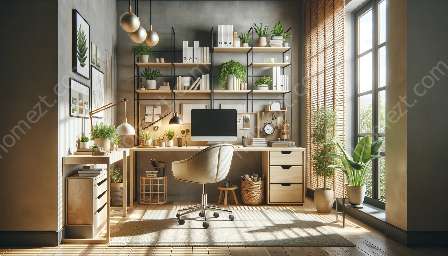Interior design goes beyond creating visually appealing spaces; it also involves ethical considerations and principles of balance. In this topic cluster, we will explore the intersection of ethical practices, principles of design, and achieving balance in interior design and styling.
Understanding Ethical Considerations in Interior Design
In the realm of interior design, ethical considerations encompass various aspects, including sustainability, inclusivity, and social responsibility. Designers must address the ethical implications of their choices, such as material sourcing, production methods, and the impact of their designs on the environment and communities. Upholding ethical standards contributes to creating spaces that are not only aesthetically pleasing but also morally sound.
Principles of Design and Balance
The principles of design form the foundation of any well-executed interior space. Balance, harmony, proportion, rhythm, and emphasis are essential elements that influence the overall aesthetic and functionality of an interior design. Achieving balance, in particular, is crucial for creating spaces that evoke a sense of equilibrium and visual appeal. Balancing contrasting elements, such as light and dark, or smooth and textured surfaces, contributes to a harmonious and inviting environment.
Embodying Ethical Practices for Balanced Interior Design
Integrating ethical practices into interior design and styling involves considering the environmental impact of design choices, promoting fair labor practices, and fostering a sense of inclusivity and accessibility within the designed spaces. Ethical sourcing of materials, utilizing sustainable design techniques, and advocating for social equity are integral components of achieving balanced and ethical interior design.
The Role of Sustainability in Interior Design
Sustainability is a cornerstone of ethical interior design. By sourcing eco-friendly materials, incorporating energy-efficient systems, and prioritizing longevity in design solutions, interior designers can minimize the environmental footprint of their projects. Sustainable practices not only align with ethical considerations but also contribute to creating healthier and more resilient living environments.
Promoting Inclusivity and Cultural Sensitivity
Interior designers play a pivotal role in fostering inclusivity and cultural sensitivity within the spaces they design. Considering diverse perspectives, integrating universal design principles, and respecting cultural heritage are essential ethical considerations that influence the balance and authenticity of interior spaces. Embracing inclusivity contributes to creating environments that welcome and celebrate diverse occupants.
Conclusion
In conclusion, ethical considerations are integral to achieving balanced interior design. By aligning with ethical principles and embracing the tenets of balance and design, interior designers can create spaces that not only captivate visually but also resonate ethically. Upholding ethical standards and striving for balance in design are pivotal for crafting living environments that harmonize with both the principles of design and the well-being of their occupants.


